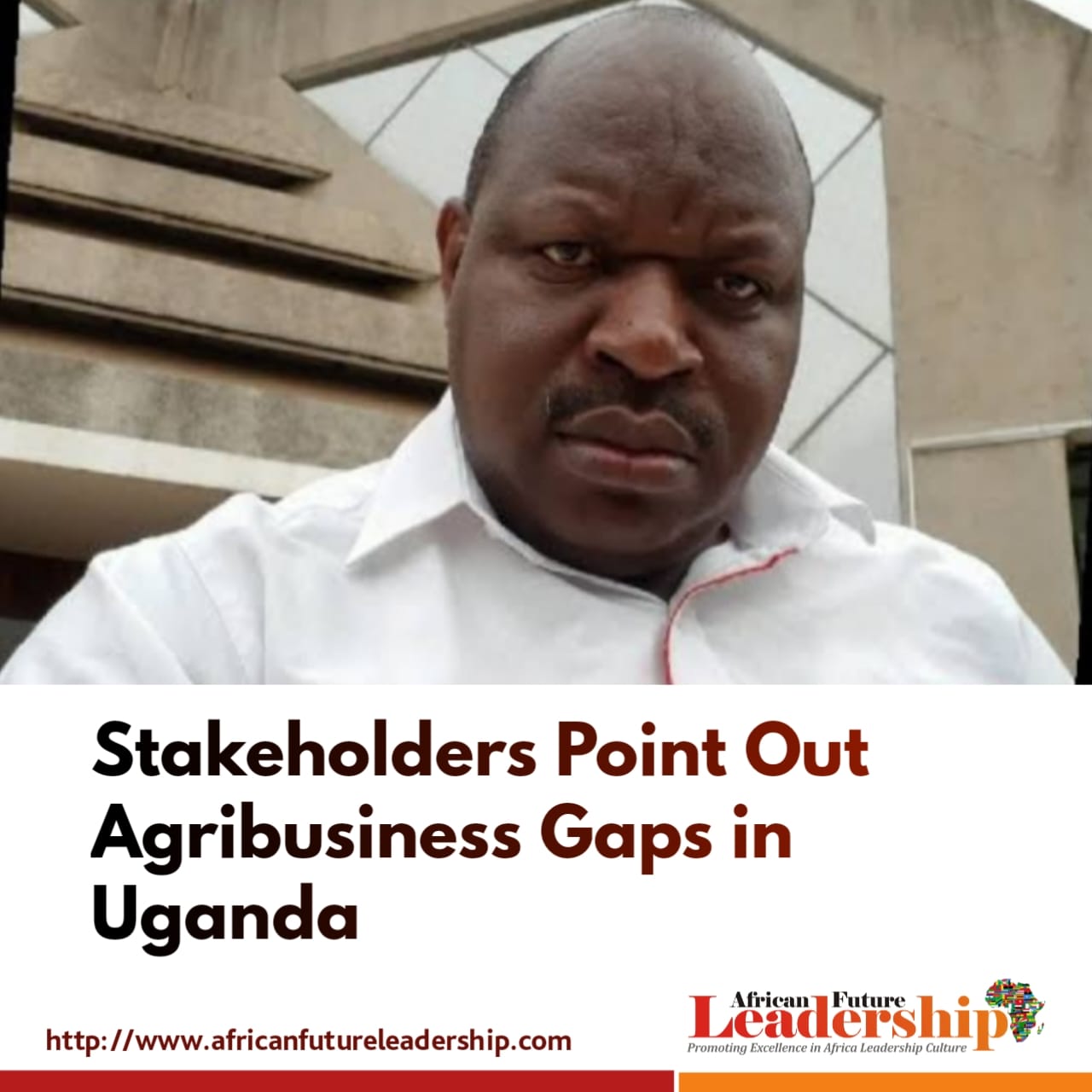By our Correspondent
Credible information reaching us confirm that farmers and non-governmental organisations have said the underdeveloped value chains and inadequate access to finance are hindering the progress of agribusiness in Uganda.
Hence, according to participants in the most recent first National Empowerment & Development in Commercial Agriculture Conference NED2022, at Nakawa UICT grounds last week, the youths want applicable capital incentives to allow the flow of funds.
For instance, Laban Joshua Musinguzi, the president of the Youth Coalition for Sustainable Development Goals (SDGs), said the youths have not benefited from the Agriculture Credit Finance Facility (ACF) because of the lack of interest to address the gaps involved.
It is his view that over 65% of food is wasted because youths are not incubated to utilise the opportunities and the technology at stake.
He said, “We have an opportunity in organic farming, we need a policy on fertilisers and seeds, but the commercial banks are shying away from the 70%, a constituency that is not utilised enough.”
Musinguzi explained that the youths want to tap into the value-addition gaps, a field that has so far attracted not more than 200,000.
He has therefore, called upon the Government to avail funding and allow them to come to understand the opportunities in agriculture.
READ MORE: 10 Things That Shaped Rwanda’s ICT Sector in 2022
It is also Musinguzi’s opinion that there is a lot to look into with regards to the agriculture social infrastructure to create avenues for the sector to flourish as a vibrant industry without looking at it from the perspective of the garden.
His words: “As long as we make agriculture a viable business and create opportunity avenues, as well as bring together the youths to change their mindset, this is the sector that will bridge the unemployment gap.”
Musinguzi went further to say that the food insecurity situation in place is as a result of the gaps not addressed in the agricultural value chain system and can be neutralised if there is a political will to give the industry a boost.
In his own stead, Robert Kigongo, the chairperson of Bukoto Central Youth Link, a farmers’ initiative of 70 youths dealing in coffee, pineapple and matooke, said that is an ecosystem that must be followed right from the garden to the final consumer.
As he put it, “The opportunities in the agricultural value chain are immense, youths must be brought together to utilise the opportunity. We need training right from the field, climate sustainability, sensitisation and incentive programmes and technology.”
And according to Kigongo, the middlemen involved in agriculture frustrates efforts to attract new farmers because the latter lose at the final stage with the consumers.
Thus, “We need policies on price regulations, farmers invest a lot and end up losing where they expect to gain. I am a pineapple farmer, I tried to take my fruits to Nakasero, but I was frustrated by the middlemen acting as brokers,” he said.
Meanwhile, over 2,000 people have so far benefited from the facility and the Bank of Uganda (BOU) is calling upon youths to embrace the opportunity, which is still lacking proper awareness campaigns.
In any case, Richard Byarugaba, the executive director of finance at the Bank of Uganda (BoU), said since 2009, over sh700b has been lent to farmers, with 86% of funds going to farm projects.
He pointed out that, “Sometimes we have the money, but people do not come for it. We started with those doing mechanisation, now we are introducing ACF to address the challenges of funding to small-scale farmers,” he added.
As explained by the central bank, the significant decline in loan applications received from the Private Finance initiatives (PFIs) and the loans disbursed is attributed to the impact of the covid-19.
This is because the pandemic stifled economic activities, including in the agricultural sector, as financial institutions registered a general decline in the number of loan applications from customers.
As such, during the quarter that ended March 31, 2021, there was a 31.1% decline in loan applications received at BoU from 61 applications during the previous quarter to 42 applications during the quarter under review.
To this end, Byarugaba said the low-interest rates of 12% and 15% (for grain farmers), are lower than from the 20% to 25% charged by commercial banks to agriculture borrowers.
He said, “This money has a low-interest rate compared to what commercial banks offer without collateral security and for those who cannot pay the loan on time, we give an extension. This is because of the interruption in the value chain caused by the effects of Covid-19.”
Interestingly, BoU extended the period for covid-19 credit relief and loan restructuring guidelines to September 30, 2021 to allow financial institutions to restructure loans for borrowers that were adversely affected by the pandemic.
Again, the central bank and the commercial banks contributed to a pull of sh500b by contributing 50% from the BoU and 50% from the commercial banks. The facility has also since accumulated to sh700b from interest rates from the borrowers.
Furthermore, the government established the Agricultural Credit Facility (ACF) in the year 2009 to unlock the challenge of access to affordable credit by farmers with the main objective of supporting the commercialisation and modernisation of the agricultural sector.
Significantly, agriculture is 70% dominated by smallholder farmers who occupy most of the land for farming activities that include crops, livestock and fisheries, among others and about 200,000 do commercial farming.
The BoU Executive Director Finance, Byaruhanga added that small-scale farmers can also access the facility and borrow as low as sh20m extended to farmers based on alternative collateral, such as chattel mortgages, cashflow-based financing and character-based loans.
So, for BOU, small-scale farmers experienced challenges from the customary/communal land tenure system that constrains access to credit due to the inability to use the land as collateral, and unequal access to land which is subdivided into small uneconomic units, resulting in low productivity.




